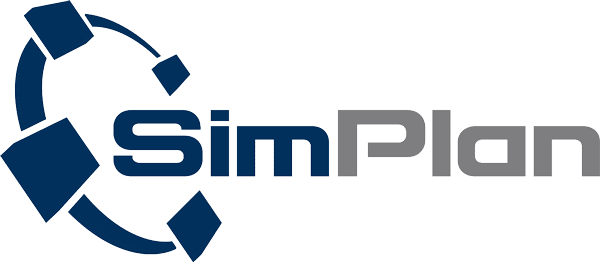Research project AI-Mod
Learning procedure for the automatic conversion of a modeled value stream into a value stream capable of simulation

Digital innovation / technology
Building simulation models for a value stream in a factory is a task that can take a lot of time. It is true that it is quick to use an app to build up an initial simple picture (a model) of a value stream. But in order for this model to be simulated, it must meet a number of requirements: the right building blocks (e.g., machines or buffers) must be inserted into the image in the correct sequence, all necessary connections between the building blocks must be correctly and completely defined, and the building blocks must be provided with a set of data (e.g., information about components or processing times).
The idea of the project is to train a learning procedure in such a way that it supports the modeler in fulfilling this requirement and points out where building blocks, edges or data might still be missing. Here, the application of the learning procedure is based on the assumption that the transformation of the first simple model into a complete simulation model can be considered like a game: the learning procedure suggests certain moves (e.g., adding an edge or changing data). If this results in a model that can be better interpreted by the simulation software, it gives positive feedback; otherwise, it gives negative feedback. In this way, the algorithm learns what changes to models are needed to create simulation models.
This kind of linking of learning and simulation, the use of learning directly for modeling support, represents a new application of AI.
You are currently viewing a placeholder content from YouTube. To access the actual content, click the button below. Please note that doing so will share data with third-party providers.
More InformationThe project consortium includes the following partners:
- SimPlan AG (consortium leader)
- Hochschule RheinMain – Arbeitsgruppe LAVIS (Learning and Visual Systems)
The AI-Mod research project was funded by the state of Hesse as part of the Distr@l program. The funding started in October 2020 and lasted 2 years.
